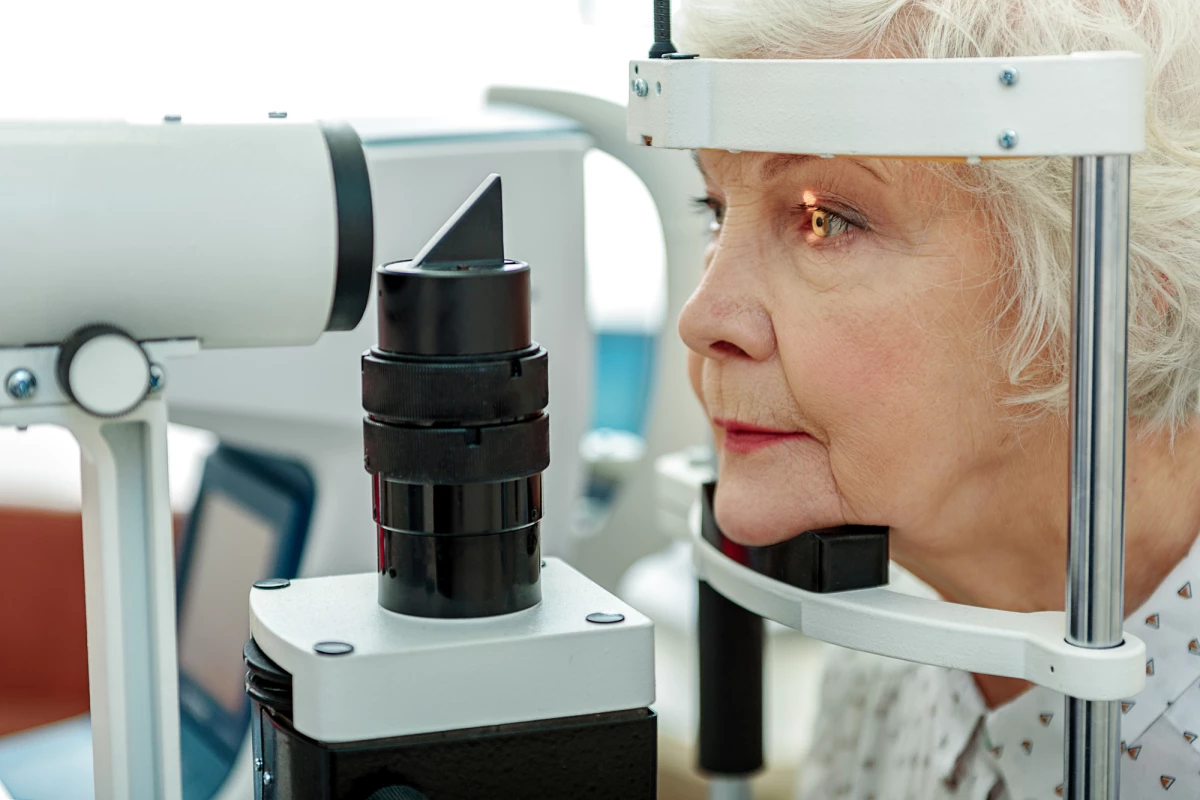Most of the impacts of a warming planet are fairly obvious. But here's a strange one: researchers have found that older adults living in climates with higher average temperatures suffer a significantly increased rate of serious vision impairments.
Each year, the effects of global warming become more obvious. We've already seen predictions that we'll break global temperature highs in the next five years; information that says Europe is heating twice as fast as the rest of the planet and the Arctic Circle four times as fast; and dire warnings about human suffering as the planet bakes. But now researchers say that higher temperatures might have another, stranger, impact – it could be linked to vision loss in older adults.
That's the conclusion a team of researchers from the University of Toronto has reached after examining the records of 1.7 million Americans aged 65 and older.
As part of the study, the group analyzed information from the American Community Survey, a collection of data from questionnaires completed by Americans aged 65 and older each year between 2012 and 2017. They found that those living in counties across the US with average temperatures of 60 °F (15.5 °C) or above had a 44% higher risk of severe vision impairment than those living in counties with average temps of 50 °F (10 °C) or below.
The link was strongest for white men aged 65 to 79 and lower for females, those over the age of 80, and black Americans. The vision impairments were self-reported in response to the question: "Is this person blind or does he/she have serious difficulty seeing even when wearing glasses?".
"This link between vision impairment and average county temperature is very worrying if future research determines that the association is causal," says first author Professor Esme Fuller-Thomson. "With climate change, we are expecting a rise in global temperatures. It will be important to monitor if the prevalence of vision impairment among older adults increases in the future."
Fuller-Thomson and her colleagues admit that they don't quite understand why this link exists. Theories include the fact that those living in warmer climates might be exposed to higher levels of ultraviolet light, which can damage the eyes, or that they might have lower levels of folic acid, which degrades as temperatures increase. Folic acid is a key vitamin for healthy eye tissue, and supplementation (along with vitamin B) has been shown to help combat macular degeneration, so its loss could harm vision.
Still though, the researchers are at a loss for a definitive explanation and plan to investigate the link between atmospheric temperatures and health further.
"We were very surprised to discover this strong association between temperature and vision impairment," says Fuller-Thomson. "But this novel finding introduces more questions than it answers, including what the connection between average county temperature and vision impairment is. Moving forward, we plan to investigate whether county temperature is also associated with other disabilities among older adults such as hearing problems and limitations in daily activities."
The study has been published in the peer-reviewed journal, Ophthalmic Epidemiology.
Source: University of Toronto via EurekAlert





